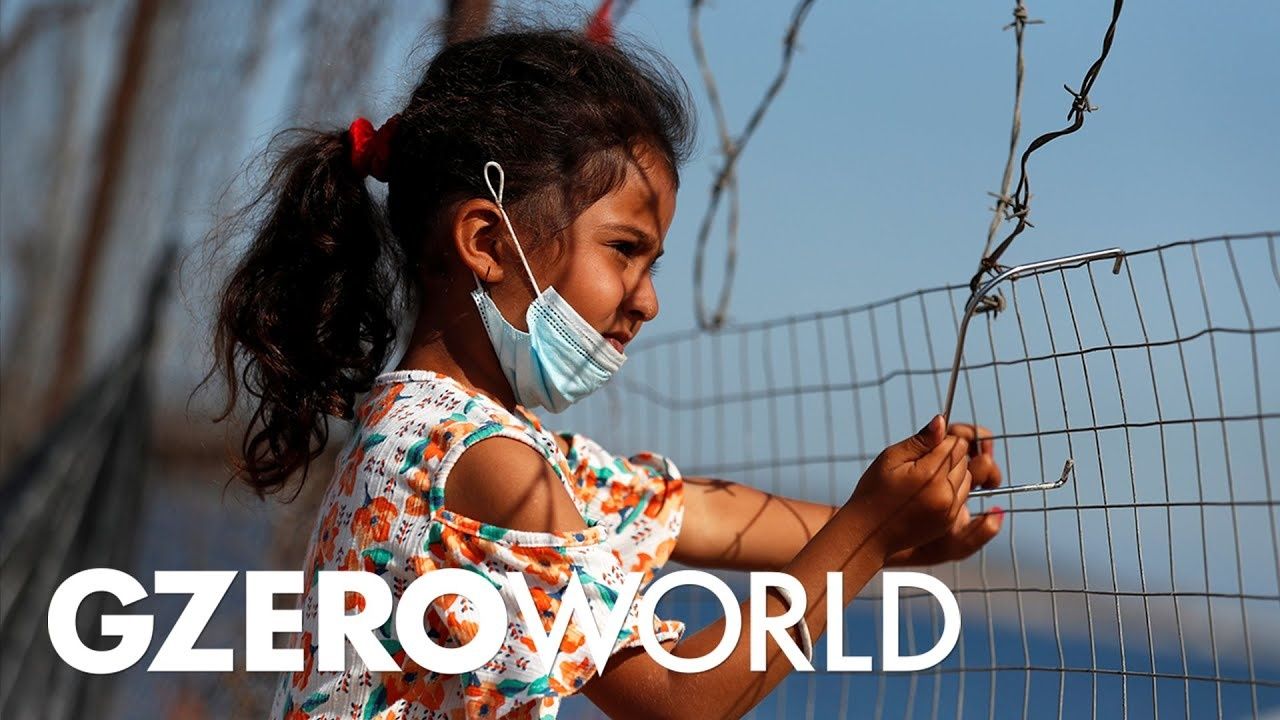
When the pandemic first took hold earlier this year, refugees around the world braced for the worst. Tightly packed camps with poor hygiene seemed like viral hotspots in waiting. But these nightmare scenarios largely did not come to pass, or at least haven't yet. Even still, UN High Commissioner for Refugees Filippo Grandi (who recently contracted the virus himself) tells Ian Bremmer in this week's episode of GZERO World that the coronavirus has upended the lives of millions of refugees in countless ways. Countries that were already limiting their number of refugees closed up their borders entirely. And today, as nationalist sentiments and straight-up xenophobia become ever more prevalent, 80 million people, or one percent of the world's population, find themselves displaced.